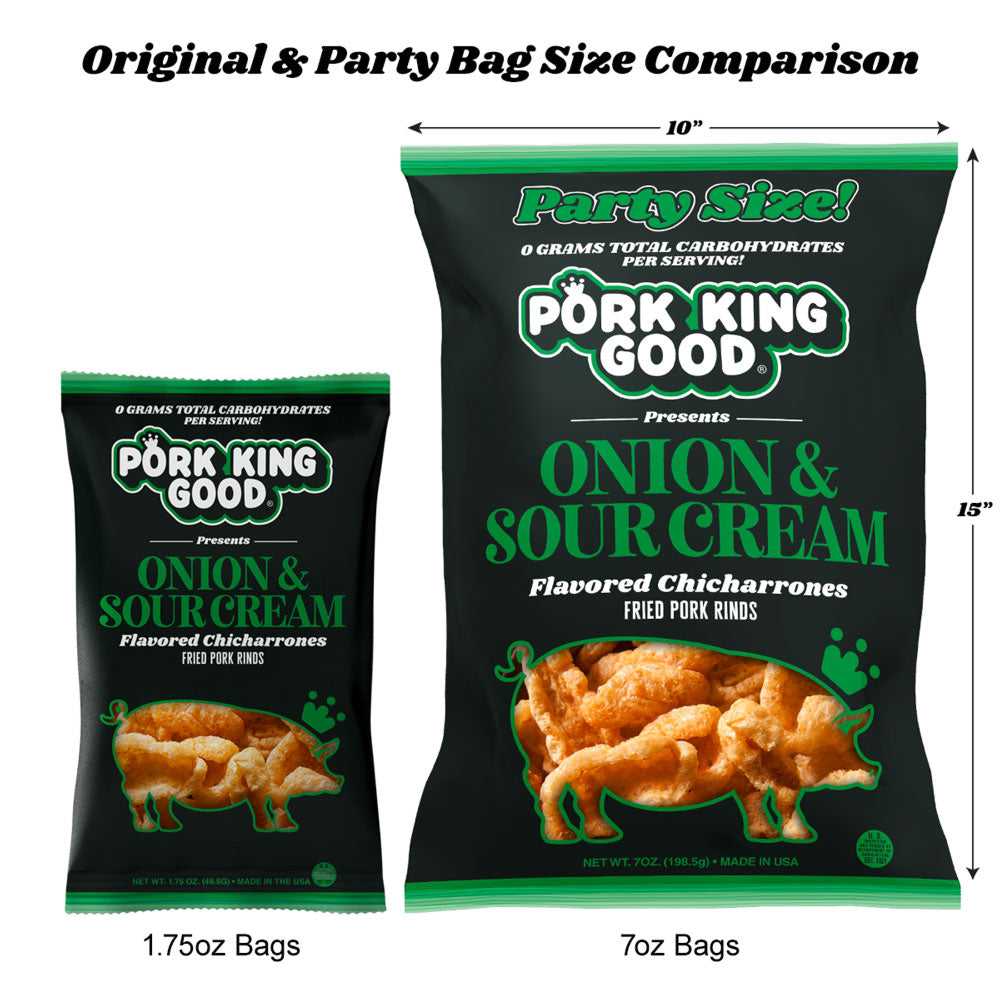Explore 5 Essential Vitamins for Health by Habit in 2025: Enhance Your Wellbeing!
As we move into 2025, maintaining optimal health through nutrition becomes increasingly essential. Our busy lifestyles often lead us to overlook vital nutrients, but understanding the best vitamins for our needs can significantly enhance our overall wellbeing. Essential vitamins play a crucial role in supporting various bodily functions, from immune support to skin health. In this article, we will delve into five essential vitamins you should consider incorporating into your daily routine. Along with their benefits, we will explore how these vitamins can contribute to your health goals this year.
Whether you are looking for vitamins for energy, immune support, or overall wellness, these vitamins are fundamental in icing your health and vitality. By embracing a routine that includes essential vitamins, you can pave the way for improvements in your personal health. Let’s take a closer look at the foundations of these vitamins and begin enhancing your wellbeing today!

Essential Vitamins for Health Improvement
Vitamin D3: The Sunshine Vitamin
Vitamin D3 is essential for maintaining strong bones, as it promotes calcium absorption in the gut. It also plays a significant role in immune system support, which is crucial during flu seasons. Research has shown that adequate vitamin D levels can improve mood and mental health, making it a vital nutrient for emotional wellness. Experts recommend supplements or sun exposure to meet daily requirements, especially in regions with limited sunlight.
Vitamin C: The Immune Booster
Widely known for its immune-boosting properties, vitamin C is an antioxidant that protects against free radicals. It is involved in collagen synthesis, essential for skin health, and helps the body absorb iron from plant-based foods. Daily intake of vitamin C through fruits and vegetables, or supplements, can help reduce the severity and duration of colds, making it a staple for health enthusiasts.
Vitamin B12: The Energy Vitamin
Vitamin B12 is crucial for energy production and has a significant role in brain health. It supports the formation of red blood cells and prevents anemia. As people age or follow restrictive diets, they may experience deficiencies in B12. Supplementation can be vital for maintaining energy levels and cognitive function, especially for those who are vegan or vegetarian.
Omega-3 Fatty Acids: The Heart Health Hero
While not a vitamin, omega-3 fatty acids are essential fats that provide numerous health benefits. They contribute to heart health by lowering blood pressure, reducing triglycerides, and decreasing the risk of heart disease. Through dietary sources like fish and flaxseeds or as capsules, omega-3s can also promote brain health and reduce inflammation throughout the body.
Vitamin E: The Skin Savvy Supplement
Known for its antioxidative properties, vitamin E is vital for skin health and cell protection. It helps combat oxidative stress and supports skin healing. Incorporating foods rich in vitamin E—such as nuts, seeds, and green leafy vegetables—can improve skin elasticity and reduce signs of aging. Taking it in supplement form can help individuals achieve radiant skin.
These essential vitamins play pivotal roles in your health journey, and incorporating them into your daily routine will lay the groundwork for improving your overall wellbeing. Each vitamin has unique benefits that cater to various bodily functions, and understanding these can contribute to better health habits. Now, let’s explore how you can make the most out of these vitamins.
How to Optimize Your Vitamin Intake
Daily Vitamins: A Simple Routine
Creating a daily vitamin routine is crucial for ensuring optimal intake. This includes evaluating your diet to identify potential deficiencies and choosing supplements that match your lifestyle. It can be helpful to start with a high-quality multivitamin that includes key nutrients like vitamins C, D, and E, along with minerals. Tracking your vitamin intake through apps can also promote accountability.
Choosing Quality Nutritional Supplements
Quality matters when it comes to vitamins. Look for non-GMO, gluten-free, and vegan options when selecting supplements, particularly if you have specific dietary restrictions. Reading labels for third-party certifications can ensure the potency and purity of the product you choose. This diligence helps you avoid common misconceptions about vitamin supplementation.
Understanding Vitamin Absorption
The body’s ability to absorb vitamins can differ based on various factors, including the type of vitamin, accompanying food, and personal health conditions. For instance, vitamin D is best absorbed with fats, while vitamin C enhances iron absorption. Understanding these interactions can improve the effectiveness of your vitamin routine and help address any deficiencies effectively.
Age-Specific Vitamins: Tailoring Your Needs
As we age, our body’s needs change, making age-specific vitamins important. Younger individuals may focus on vitamins that aid growth, while older adults should prioritize those promoting brain health and energy. For example, prenatal vitamins are crucial for pregnant women as they support fetal development. Tailoring your vitamin regimen to your age group ensures you receive adequate nutrition.
Common Mistakes to Avoid
Many people make mistakes regarding vitamin intake, like relying solely on supplements rather than obtaining nutrients from whole foods. Additionally, some may overconsume certain vitamins, leading to toxicity. Ensuring a balanced intake from diverse food sources is essential. Consult with healthcare professionals when in doubt about the right vitamins for your needs.

Future Trends in the Vitamin Industry
Personalized Vitamin Regimens
The future of vitamin supplementation is leaning toward personalization. Advances in nutritional science allow for customized vitamin packs that cater specifically to individual dietary needs, health goals, and genetics. These personalized vitamin regimens can lead to more effective health outcomes by addressing unique deficiencies and requirements.
Technological Advances in Vitamin Production
Technological innovation has impacted how vitamins are manufactured, leading to enhanced bioavailability and retention of nutrients. New methods can improve the quality and effectiveness of supplements, making them more accessible and efficient for consumers. Emerging technologies are poised to revolutionize vitamin production in the coming years.
Environmental Considerations in Vitamin Sourcing
With growing awareness surrounding sustainable practices, the vitamin industry is shifting towards sustainable sourcing. This involves using ethical practices in the cultivation and production of vitamins, from preventing overharvesting to ensuring that the manufacturing process is environmentally friendly. Choosing brands that prioritize sustainability can help you mitigate the environmental impact of your health regimen.
Conclusion
Incorporating essential vitamins into your daily routine is a powerful way to enhance your overall wellbeing. By understanding the specific benefits of vitamins such as D3, C, B12, omega-3 fatty acids, and E, you can make informed decisions about your health. As you integrate these vitamins into your life, focus on quality, absorption, and your unique needs. The future of vitamins holds exciting advancements, empowering you with more choices to achieve your health goals in 2025 and beyond.
For more insights on health improvement and nutritional supplements, check out these resources: Vitamin Supplements Reviews and Health Education on Vitamins.
